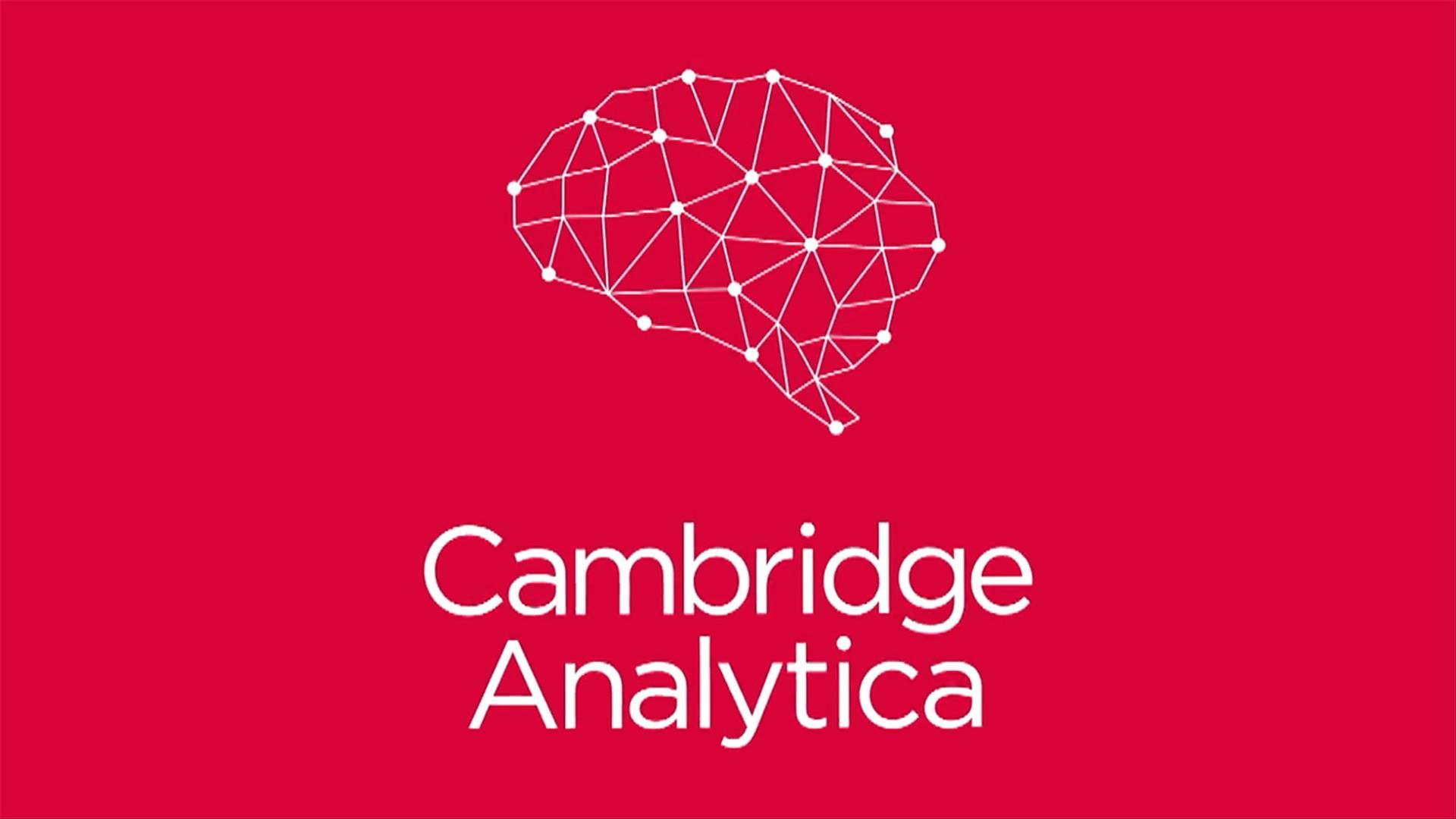
 The Cambridge Analytica files explained
The Cambridge Analytica files explained
For some time Facebook users have understood that some of their information is at risk of being collected on the site. But a whistleblower, contacting Carole Cadwalladr and Emma Graham-Harrison from the Observer, has exposed the dizzying scale of the data scandal at Cambridge Analytica that has drawn in Facebook, Trump and the Leave Campaign in Britain.
What is Cambridge Analytica?
Cambridge Analytica (CA) is a data marketing firm, they collect information, analyse it, and then assist political campaigns with the information they have gathered. SCL Group created CA in 2013 to focus on American politics. Since its inception, it has been involved in many political races in the US, most infamously as the data analysis company for Donald Trump's presidential campaign. They are currently being investigated in the US and Britain for their role in the Presidential election and EU referendum.
Who runs Cambridge Analytica?

Alexander Nix
CA’s chief executive is old Etonian Alexander Nix, last month he informed a parliamentary inquiry into fake news that “we [CA] do not work with Facebook data and we do not have Facebook data.” Another key figure is hedge fund billionaire Robert Mercer, who invested $15million in the company and also donated large sums to Trump’s campaign. Cambridge data professor Aleksandr Kogan became involved with the company soon after its founding. Kogan introduced CA to a form of data collection that would reach not only people who interacted (liking posts for example) with content but also all of their friends. Kogan maintains his methods are legal and boasts he has a “close working relationship” with Facebook.
What are the Cambridge Analytica files?
Whistleblower Christopher Wylie, who was involved in setting up CA, has exposed the actions of the secretive company. Wylie has handed over files detailing the harvesting of 50 million Facebook users in a data breach. According to Wylie, CA has the ability to harvest data on Facebook from the friends of people who interact with their content, through this method of data collection, CA would only need to reach a “couple hundred thousand people” to collect information on hundreds of millions of users, Wylie says this data includes “status updates, likes and in some cases private messages.”
CA was also caught out by Channel 4 in a sting operation. Executives from the company were filmed discussing the tactics they would use to assist clients, such as framing rival candidates in fake bribery stings.
Nix blatantly lied when he suggested the company had no Facebook data, as Wylie confirmed to the Observer, CA paid $1million to Global Science Research to gather data on tens of millions of users. Using this data CA would find target voter groups and set about crowding their newsfeed with tailored messages designed to sway opinion. Wylie says CA would figure out what style of message users would react to positively based on the data it had taken from their profile. CA, according to Wylie, is a “full-service propaganda machine”.
What does this mean for Facebook?
The scandal saw Facebook shares slide by 6.77% between Saturday the 17th and Monday the 19th – or, in another context – Mark Zuckerberg’s personal fortune fell $5.5bn to $69bn. Facebook, as per usual, claims innocence, insisting that CA had destroyed any data they gained unlawfully.
Sandy Parakilas, a former platform operations manager at Facebook, who was tasked with policing data breaches by third-party software developers, has revealed that plenty of companies used techniques similar to CA and that Facebook simply looked the other way.
What next?
#DeleteFacebook has been trending on rival social media Twitter following the revelations, and it would be surprising if Facebook didn’t suffer a sharp drop in users in the short-term. Zuckerberg has been summoned to a committee of MPs to discuss the revelations, and the focus on the social media giant will be intense on both sides of the Atlantic, as the investigations into CA and Facebook’s role in political races draw to conclusions.
In the long run, a nice outcome of this scandal would be that users become far more critical of their newsfeeds.
